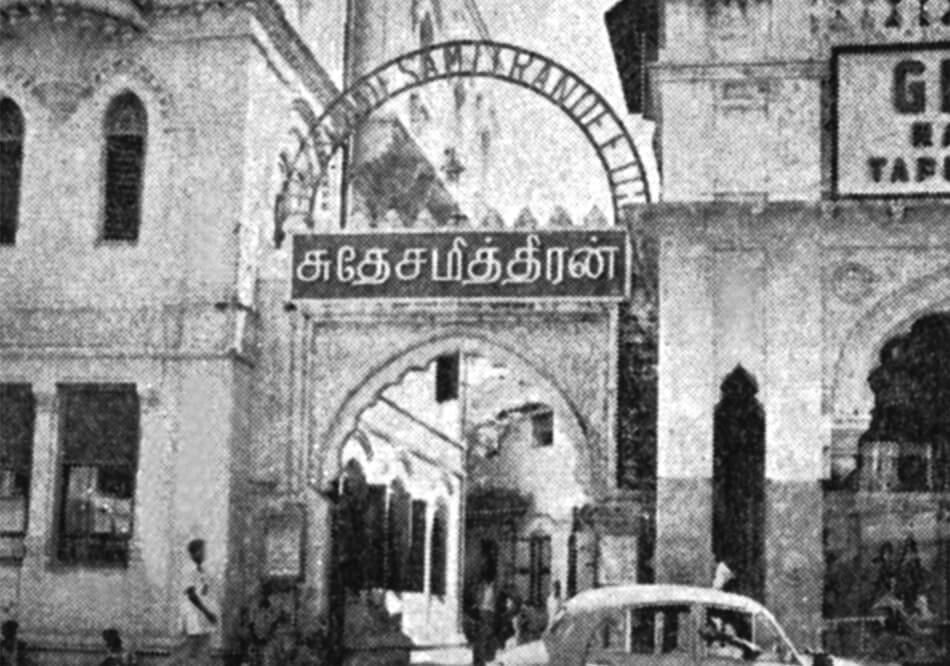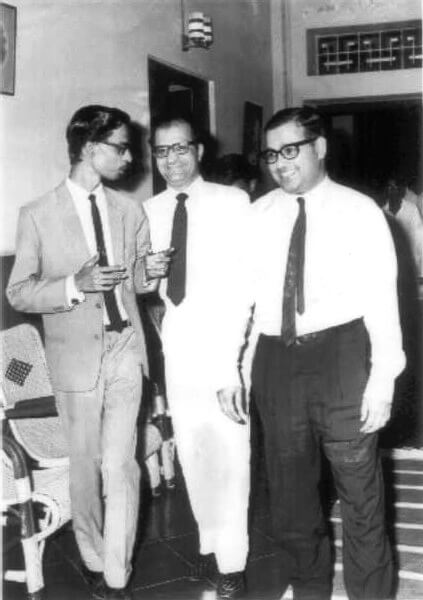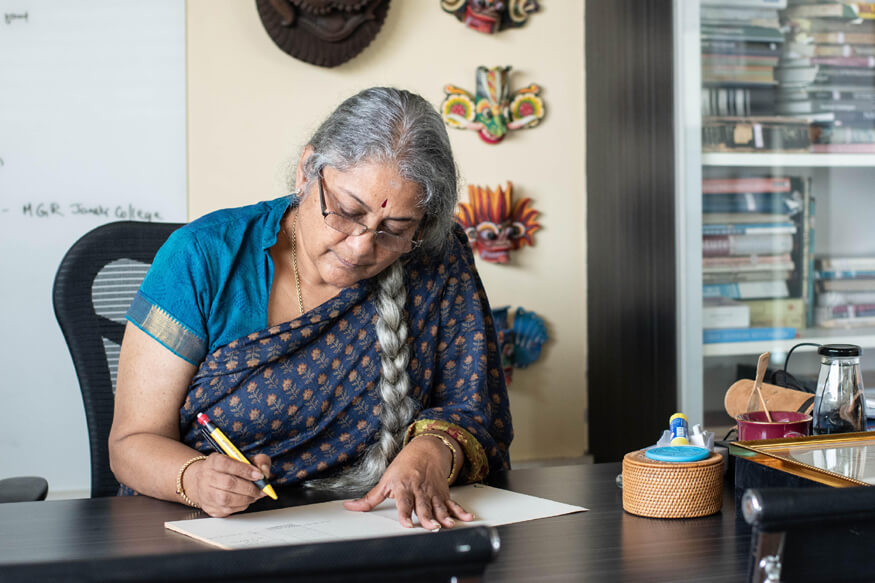Registered with the Registrar of Newspapers for India under R.N.I 53640/91
Vol. XXIX No. 22, March 1-15, 2020
Archives: Vol. XXIX No. 22, March 1-15, 2020
Digital Banners and Hoardings Soon to Return
by The Editor
The political establishment has been feeling lost ever since the High Court of Madras pronounced an outright ban on parties erecting digital banners and hoardings along the streets and roads of Chennai. And as is always the case, a minor adjustment when it comes to interpretation of the judgement will soon help it in getting these public nuisances to be back. If the news agencies are to be believed, the Corporation of Chennai is of the view that the ban pertains only to political parties and not organisers of “marriages, birthdays and other social celebrations.” We are not sure if religious events also are within the ambit of this interpretation and if so, the Corporation has pretty much opened up the city for the putting up of digital banners, flex boards and hoardings.
It was in December 2018 that the High Court of Madras, irked at what it perceived as blatant violation of its earlier judgements, pronounced an outright ban on political parties putting up banners, boards and hoardings all along the principal thoroughfares of the city on a daily basis. Pedestrians found it next to impossible to negotiate the banners and the poles that held them up, the footpaths were repeatedly dug up to accommodate these temporary structures and motorists were put to risk as the banners blocked line of sight and often came crashing down as well. Political parties were the worst offenders, and they invariably put up banners without seeking police permission, something that the law enforces chose to turn a blind eye on. This is why most public interest litigations filed in this matter focused on the role of political parties. The judgement too concerned these.
TN Budget Ignores the Basics
by A Special Correspondent
After the introduction of GST, States have lost the individual power to determine indirect tax rates, except on alcohol and petroleum. When GST stabilises and States become confident of GST as a dependable revenue source, alcohol and petroleum may also pass into the ambit of GST. With the rate of indirect tax revenue thus predetermined, resource management efficacy is the challenge for State Finance Ministers.
Rise of Early Tamil Newspapers through the Swadesamitran Prism
by N.S. Parthasarathy
 The entrance to Swadesamitran
The entrance to SwadesamitranThe article by Mrinal Chatterjee on Tamil journals in the MM, July 16-31, 2019, which made references to Swadesamitran, evokes more memories of this once-leading newspaper of its time. In a literal sense, Swadesamitran meant ‘Friend of the Country’.
Nani Palkhivala in Madras – IV
by T.S. Gopal
(Continued from last fortnight)
 L to R: T.S. Gopal Secretary, Forum of Free Enterprise Madras, Nani Palkhivala and M.R. Pai, Secretary, Forum of Free Enterprise, Bombay
L to R: T.S. Gopal Secretary, Forum of Free Enterprise Madras, Nani Palkhivala and M.R. Pai, Secretary, Forum of Free Enterprise, Bombay
Profile of an Architect
by R.V. Rajan

Sheila Sri Prakash of Shilpa Architects Planners Designers is one of India’s leading architects. In fact, she is counted among the most influential female architects in the world today. She has completed several architectural projects, many of which are known for their designs inspired by local arts, culture and heritage. She is also reputed for her work in designing energy-efficient buildings.

